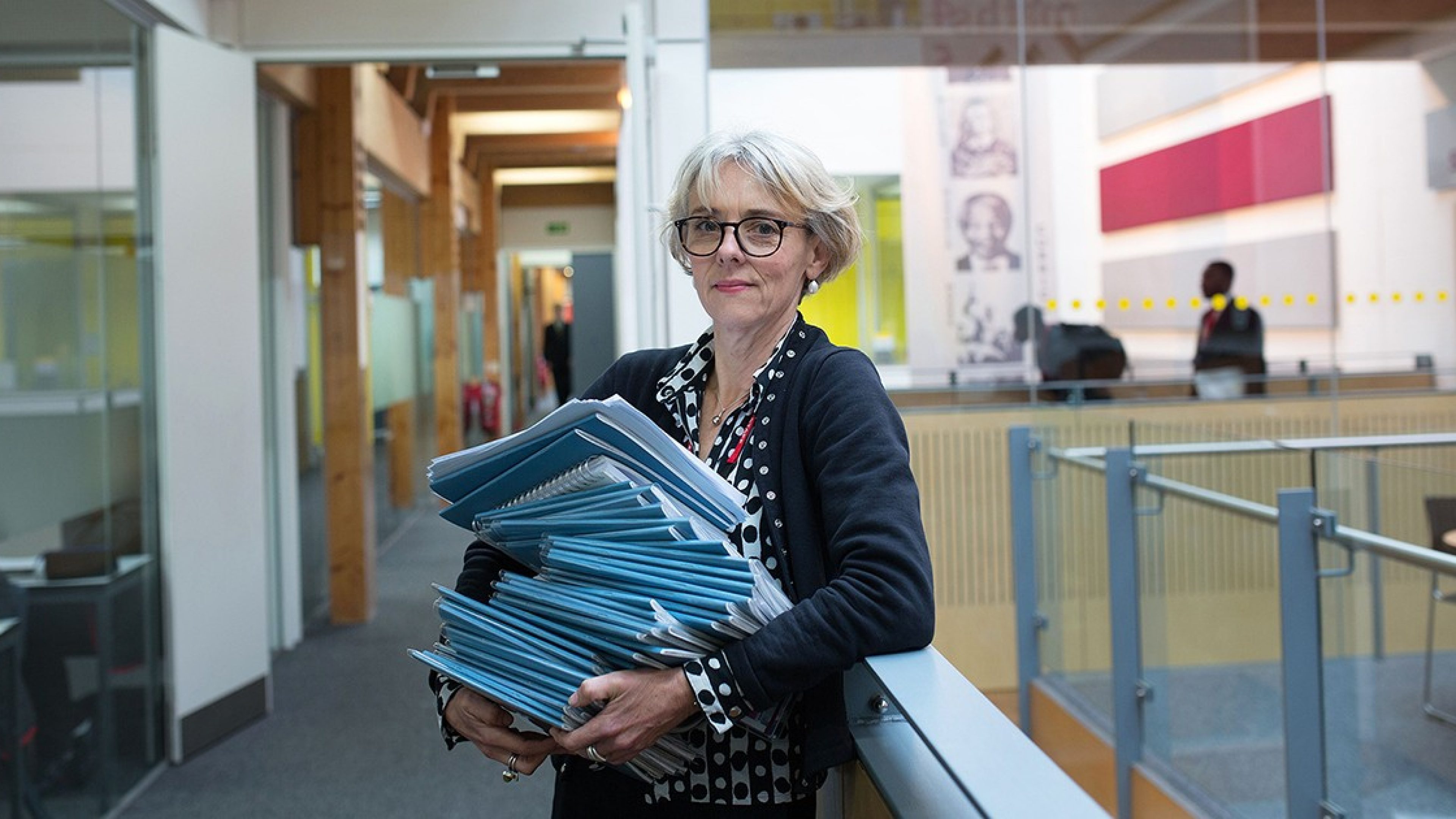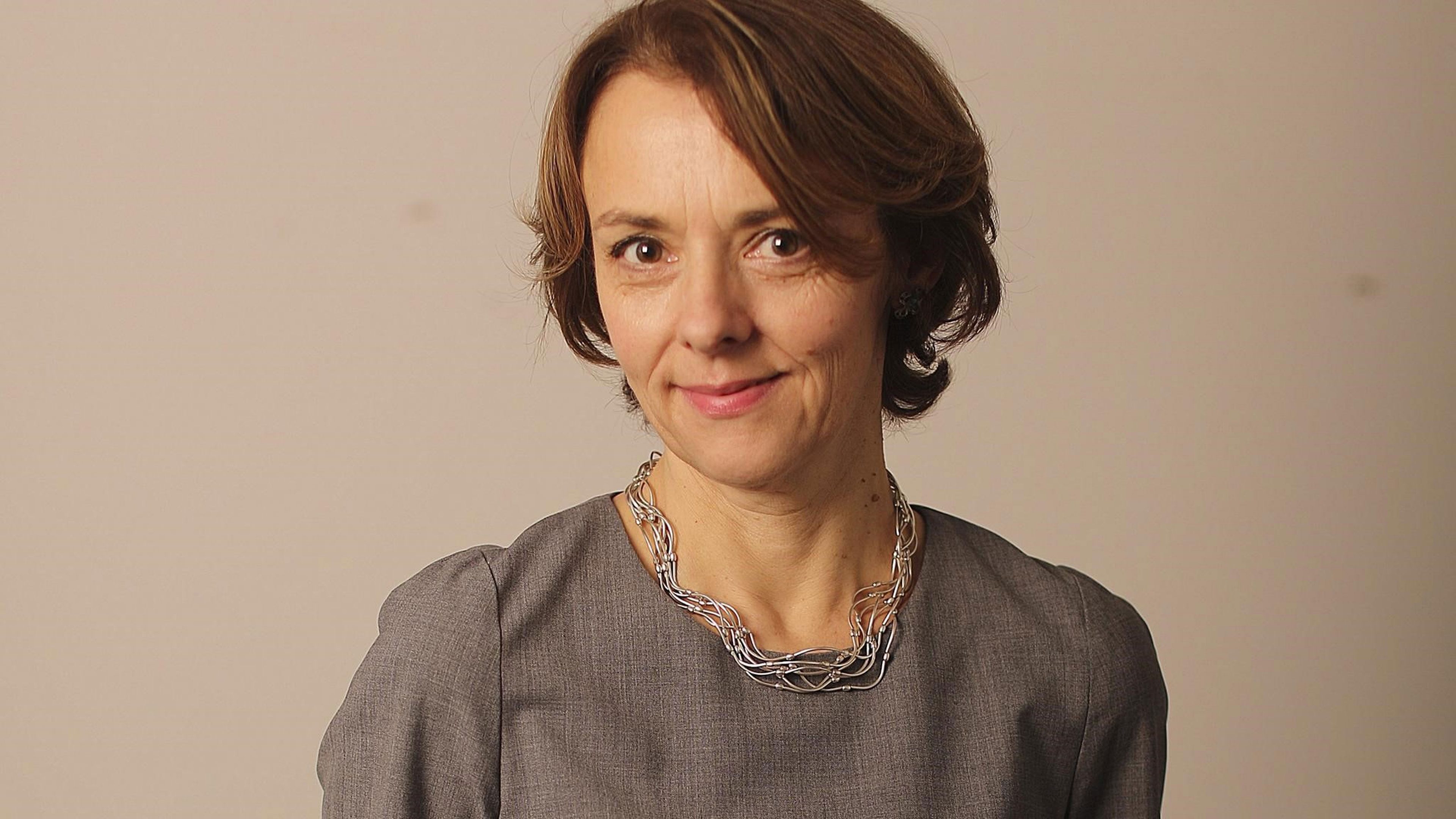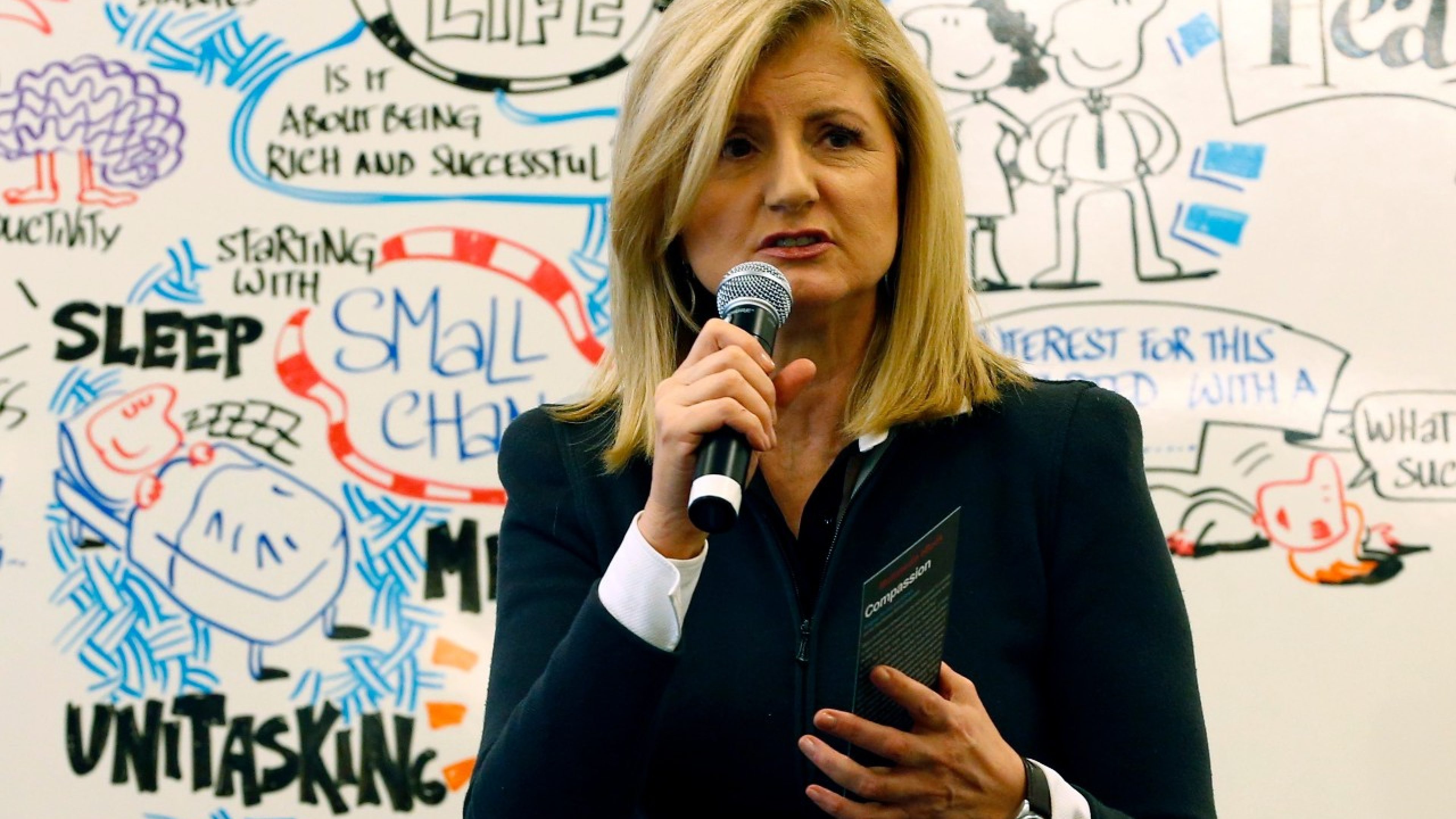Lucy Kellaway was one of the best-known business journalists in the English-speaking world. At 57 she decided to completely change direction by founding a charitable organisation and becoming a teacher.
You left your job as a globally respected and, we hope, well paid journalist to become a teacher at 57. In two or three sentences: why?
I had simply been doing it for too long. I still loved it, but did not want to spend my entire working life doing one thing. I'd also got a bit tired of being endlessly cynical and rather fancied doing something useful.
How did your family and friends react to this decision?
My four children all thought it was a great idea, especially my oldest daughter who is a teacher herself. My career shift split my friends and acquaintances down the middle. Half thought I'd gone mad - the rest were admiring and possibly even tempted to do the same. A few of my FT colleagues were very sceptical - but then I think that mainly reflected their own feelings about status and money.
Starting anew and finding a meaning in life is probably the dream of many people - but only very few realise it. Why is self-determination so difficult for us?
Maybe because when we are younger there is so much that gets in the way. We need to make money, and everyone is so competitive. Status matters so much and is so hard to ignore. I think I was in my 50s when I stopped needing the status that came with the FT.
You founded “Now Teach”, a charity that tries to encourage people who have already had one successful career to retrain as teachers. Do you find enough of those people willing to swap their glamorous lives for a much less glamorous alternative?
I have a big megaphone from my old job. I've done a lot of writing and broadcasting about Now Teach, and every time I do something new, more of these people come out of the woodwork. I think it's a fact that most people are getting fed up with whatever they've done all their lives by the time they reach their 50s. A few want semi-retirement, but a lot are drawn to the idea of something that is going to be harder than anything they have ever done before.
How do former bankers react to the amount they earn as teachers?
I think they know the pay is bad. Pay for trainees depends on the subject, but for most is less than £25,000. What is comic and has surprised me is that the ex-bankers don't turn a hair, but they do make sure they get every last penny that is due to them.
Are they happier today (or just more tired)?
In the beginning certainly the latter (laughs). I think most of us in the first year had moments of thinking we'd made a terrible mistake. But now that we are into our second year most of us (including me) have started to love it.
Is such a career shift a privilege for high earners? Does one have to be able to afford it?
Not everyone on the Now Teach programme is rich. Though most have some savings to subsidise them and reduce the pain of the first few years. Many 22-year-olds also have some subsidy in the first few years of teaching - their parents provide a roof over their heads.
What do you enjoy most about your new life?
This morning I marked a set of homework in which my 14-year-olds described the businesses they would like to set up. Reading some of their brilliant ideas was more uplifting than anything in three entertaining decades at the FT.v
You teach business studies and economics to children. Why is financial literacy and money management skills important for pupils?
Because most adults don't have a clue. The less money they have the more vital it is that they know how to look after it.
Lucy Kellaway, ex-business journalist, new teacher, founder of "Now Teach"
In 2016, the Philosophy, Politics and Economics graduate quit her job at the FT to retrain as a mathematics teacher. Now she teaches business to underprivileged children in a London school. She also founded the foundation “Now Teach”, which helps managers with a long career behind them to leave their job and become teachers. They can use their life experience and contacts to help their pupils gain a foothold in the world of work. Over 50 people have already followed her example.

Lucy Kellaway
Lucy Kellaway (59) spent almost 30 years working for the Financial Times (FT) and was one of the most prominent journalists in the Anglo-Saxon world, known as an interviewer and columnist. She made amusing observations under the nom de plume Martin Luke about day-to-day management and management jargon, she also gave humorous and impudent answers to readers’ questions in her "Dear Lucy” column.




